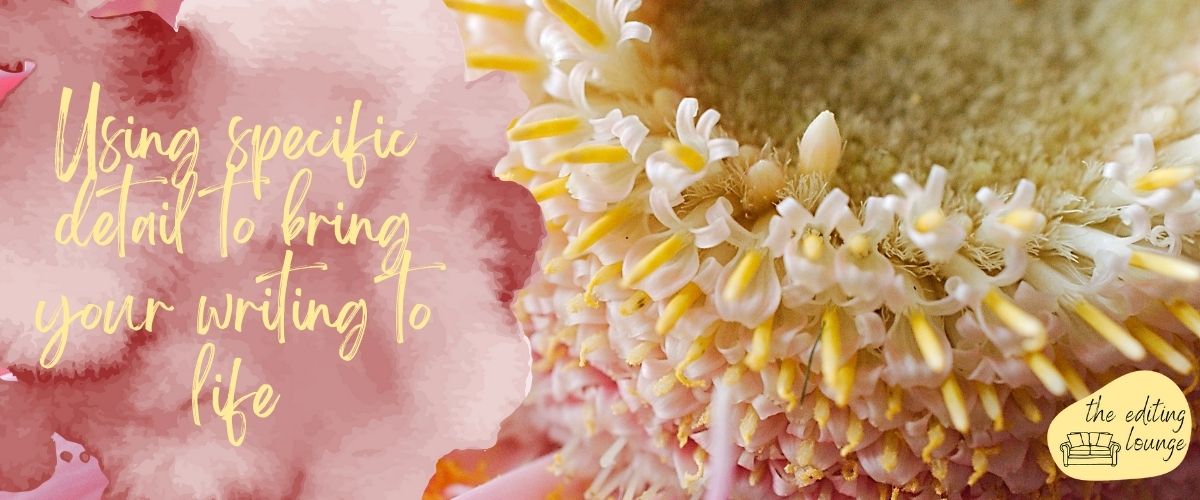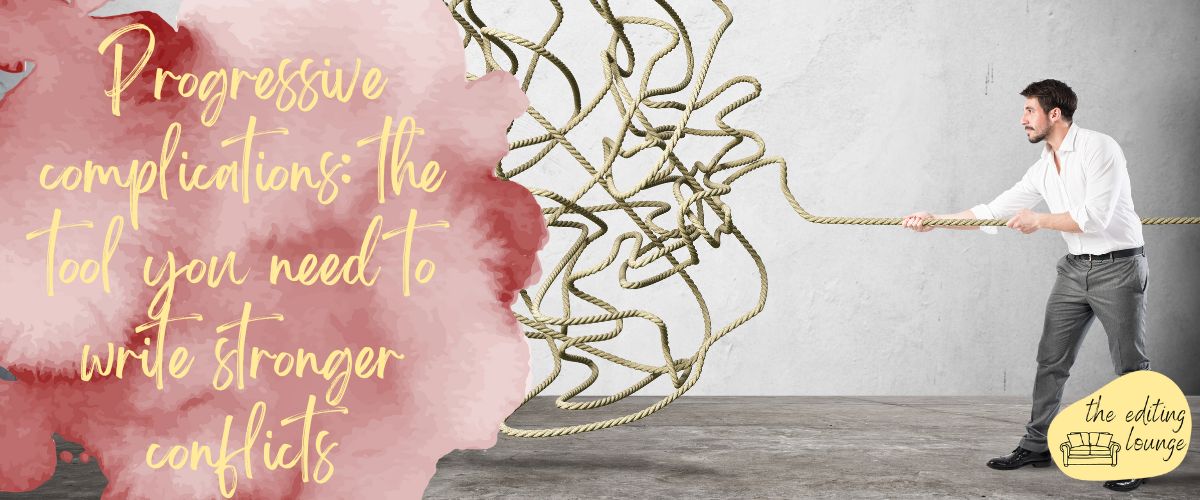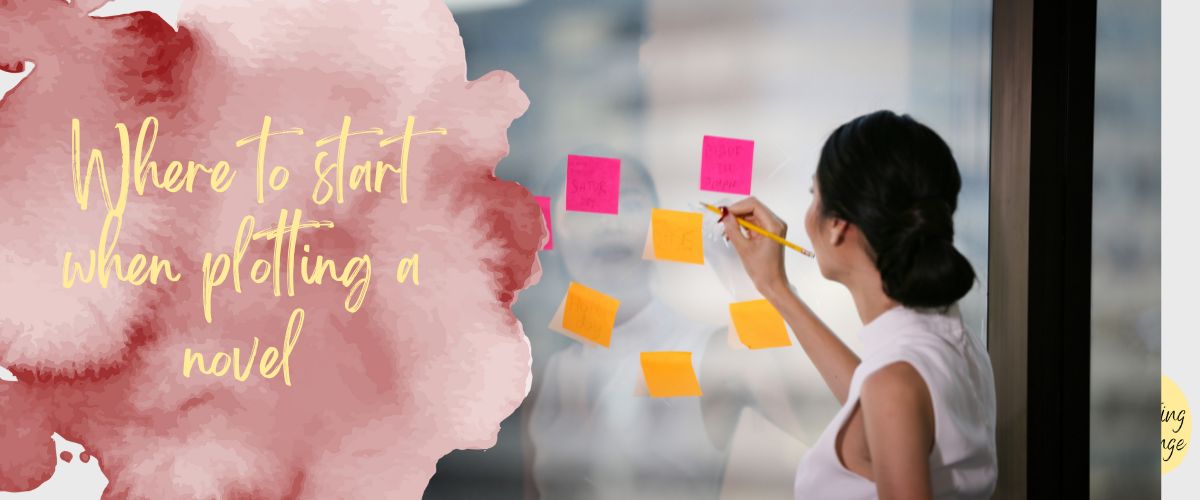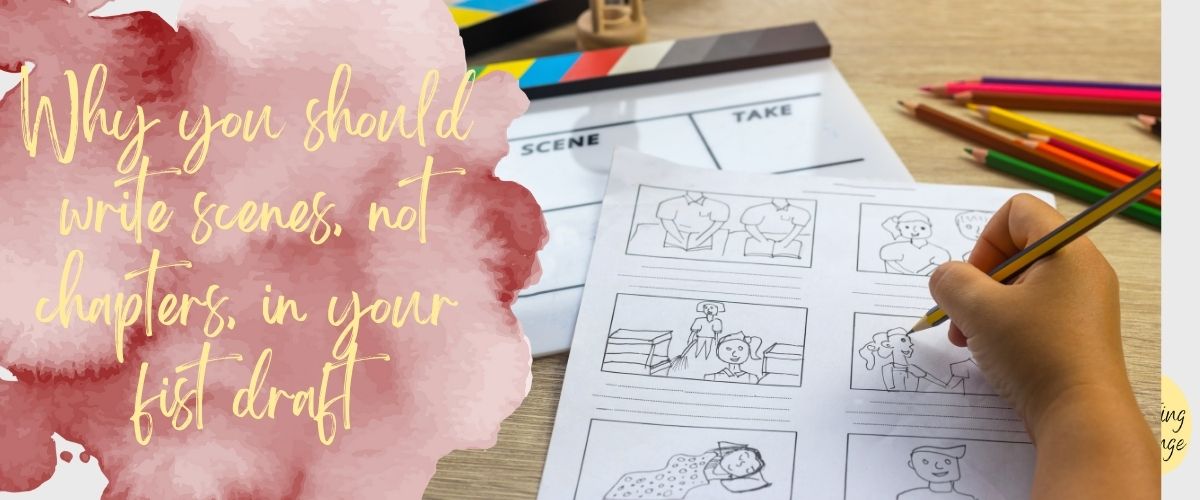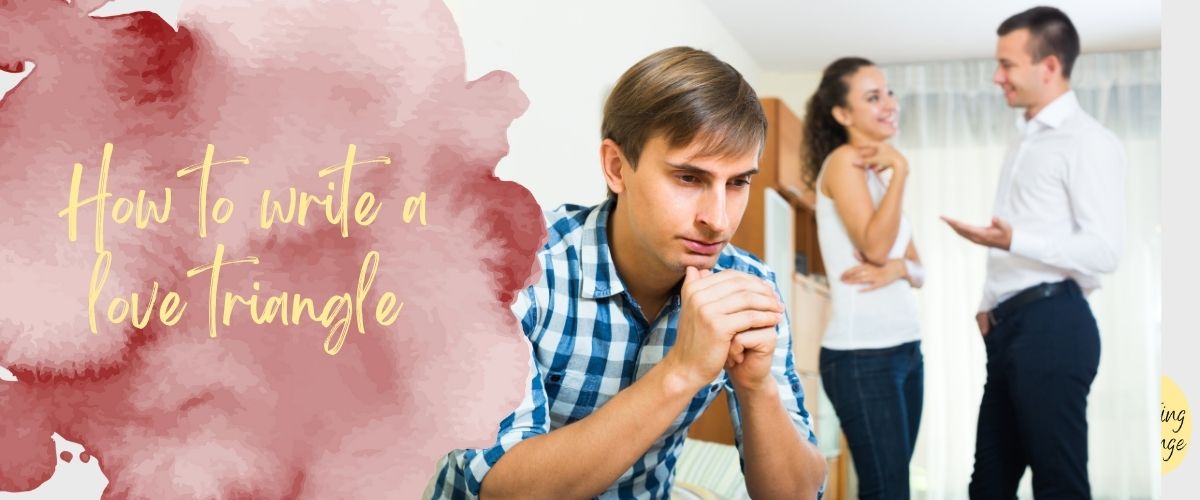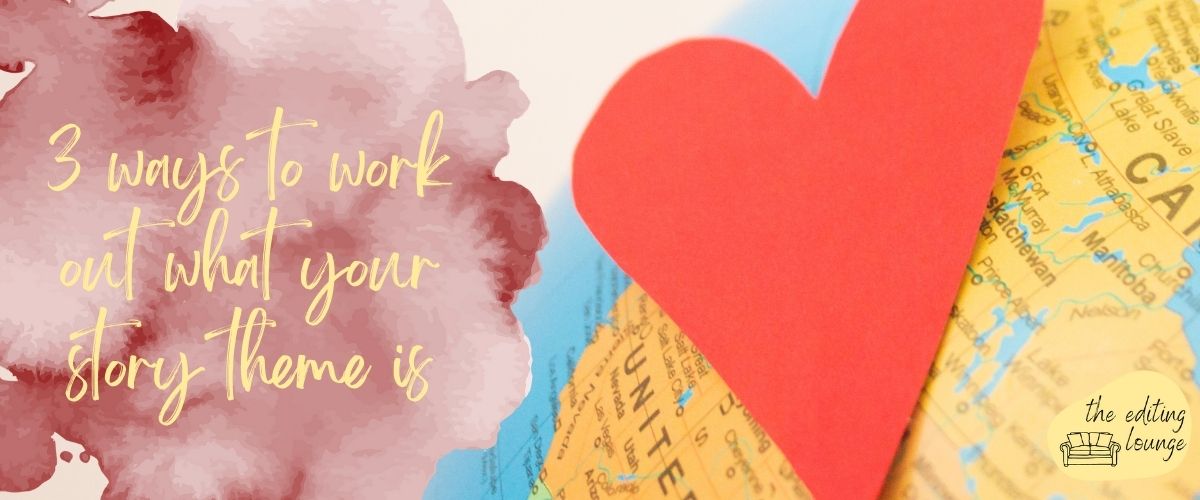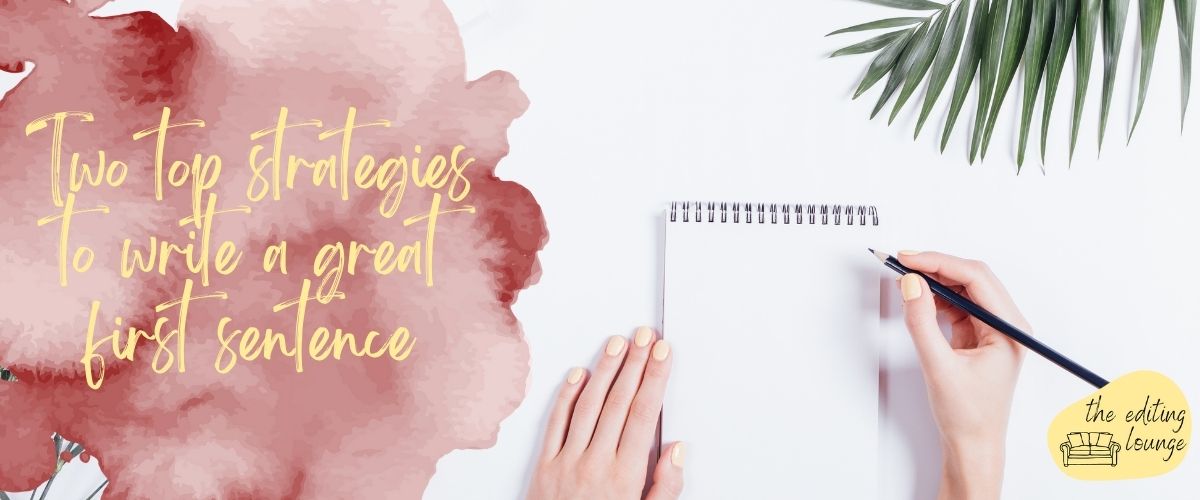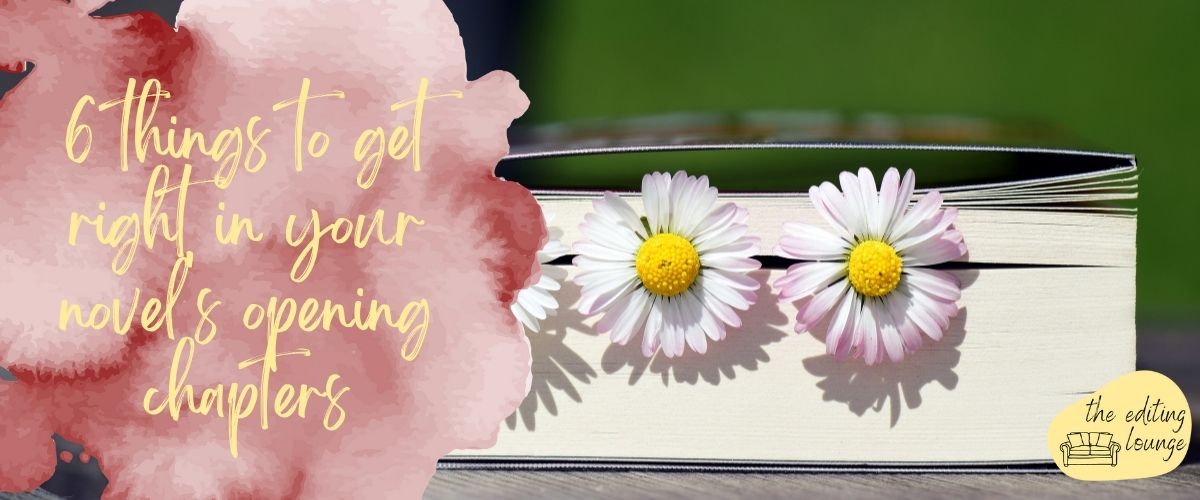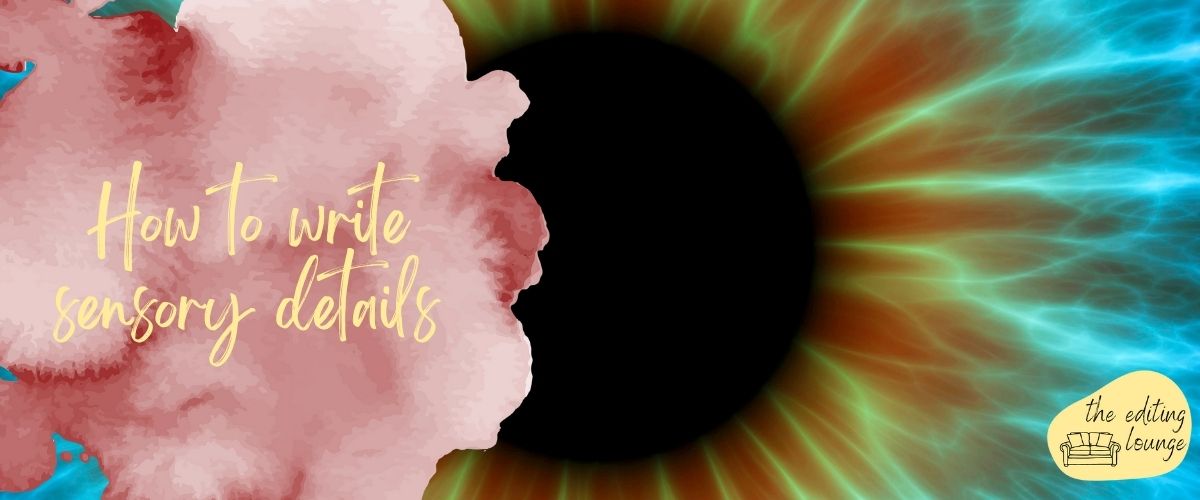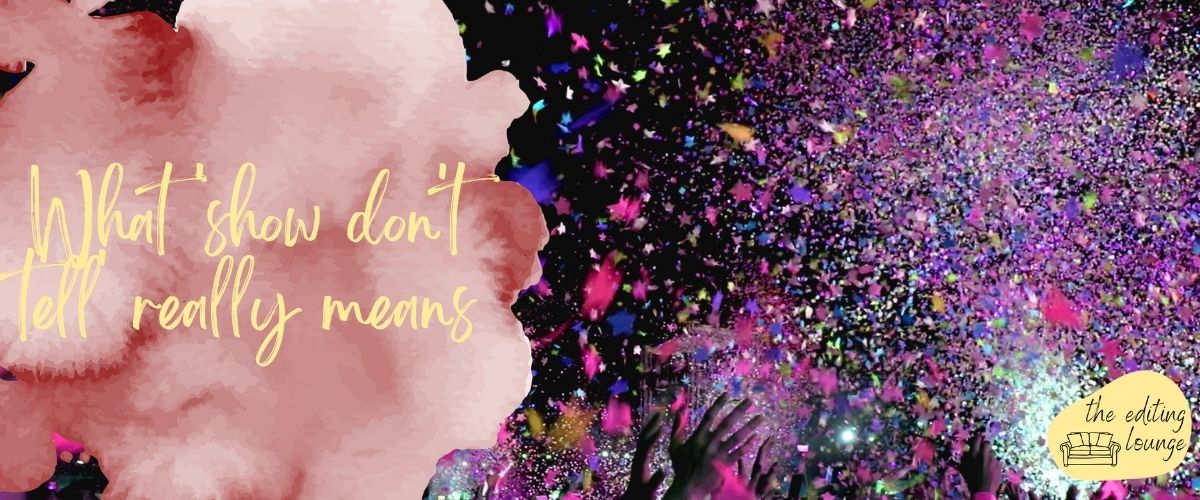Adding detail is essential to writing great fiction. But how specific is the detail in your manuscript?
If I had received a pound for every time one of my writing tutors circled a phrase in my fiction with a note saying ‘specific detail please’ during my MA days, I’d be rich. There are likely lots of places where you can delve deeper and offer more specificity in your drafts too.
What are specific details and why are they important?
A specific detail is a descriptive detail that a writer has grounded in specificity.
Rather than using abstract language to describe people, settings, and events on a conceptual level, concrete language conjures clear pictures in your readers’ minds.
That’s not to say you should always avoid abstract language in favour of concrete language. It’s about finding a healthy balance between the two.
That said, the clarity of specific details is more likely to trigger a personal response in a reader than a generic description. This makes the writing more engaging, vivid, and likely to elicit an emotional reaction from readers.

Examples of specific detail

You can lace your manuscript with specific detail at even the tiniest levels. For example, ‘dog’ could become ‘greyhound’, ‘silver necklace’ could become ‘diamond choker’, and ‘wine’ could become ‘Sauvignon Blanc’.
When you paint pictures with words, you can lace your writing with originality and make it easier for readers to visualise your scene.
If you need help with specific detail, have a look at my line editing service.
About Charlotte

Charlotte is an award-winning writer and line/copyeditor who writes and edits for clients all over the world. She also works on the fiction team for Ambit, a UK literary and arts magazine.
She holds an international literary prize from Hammond House Publishing Group, two writing-related degrees, various marketing certifications, and training certificates from the Chartered Institute of Editing and Proofreading, of which she is a Professional Member.
Charlotte’s work has appeared in several anthologies, magazines, and literary journals, including Indigomania, Dream Catcher, and The Curlew.
She has also created a series of free self-editing cheat sheets to help new writers hone their fiction before sending their work off to a professional editor.
Progressive complications: the tool you need to write stronger conflicts
Conflict is essential to stories of all kinds. A story can’t exist with conflict. If your character could get whatever they wanted at the beginning of the story, there would be no reason to write it. Whether you’re writing a novel or a short story, conflict is what keeps your story going, what keeps the…
Where to start when plotting a novel
It’s arguable that the most important thing a novel should do is follow an arc of change. If nothing changes, do you really have a story? So, perhaps the first step to take when plotting your novel should be to decide, at the simplest level, what’s going to change. That’s easier said than done, but…
Why you should write scenes, not chapters, in your first draft
Plotting and writing a string of chapters long enough to fill a book is daunting. It’s impossible to know how many chapters you’ll need. And it’s impossible to order all of your chapters before you start writing and feeling your way around. That’s why it’s much easier to write your first draft in scenes instead…
How to write a love triangle
Although readers love a well-written love triangle, writing one is easier said than done. Love triangles that aren’t carefully plotted often end up predictable and clichéd. But when well developed and carefully thought out, love triangles can be great, moving plot devices that strengthen your story. What is a love triangle? A love triangle is…
3 ways to work out what your story theme is
I don’t need to know what my story theme is, I hear you say. Just let me crack on with my writing. I know. Hitting pause to think about your theme doesn’t feel like a priority when you’ve got all these great story ideas to get down on paper. Plus, some writers feel that identifying…
2 top strategies to write a great first sentence
Regardless of which genre you write, your first sentence needs to seduce your readers. Perhaps your first sentence is an invitation. A promise. A tease. A shock. A declaration. Whichever approach you adopt, this sentence must be irresistible. It must hook readers and pull them into the page. (Remember that lots of potential buyers read…
6 things to get right in your novel’s opening chapters
Writing a novel is a massive undertaking, regardless of how many books you’ve already written. And, no matter how many how-to books you’ve read and how many fiction workshops you’ve attended, it’s easy to miss the fundamentals when writing your opening chapters. When you submit your novel to an agent or publisher, they will almost…
How to write sensory details
When we include sensory details in our writing, we can evoke our readers’ senses of sight, sound, touch, taste, and smell. This is because painting a strong scene in your reader’s imagination helps them pull similar scenes from their own memories. Here, we’ll explore the science behind why evoking the senses can be so compelling…
What ‘show don’t tell’ really means
Lots of editors are quick to tell writers ‘show, don’t tell’. But this advice has been given so many times that we often forget to explain what it really means. I’ll break down the concept here so you can make the most of this advice. In brief, ‘telling’ is explaining what’s happening. Meanwhile, ‘showing’ is…
Using specific detail to bring your writing to life
Adding detail is essential to writing great fiction. But how specific is the detail in your manuscript? If I had received a pound for every time one of my writing tutors circled a phrase in my fiction with a note saying ‘specific detail please’ during my MA days, I’d be rich. There are likely lots…



